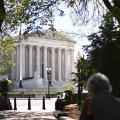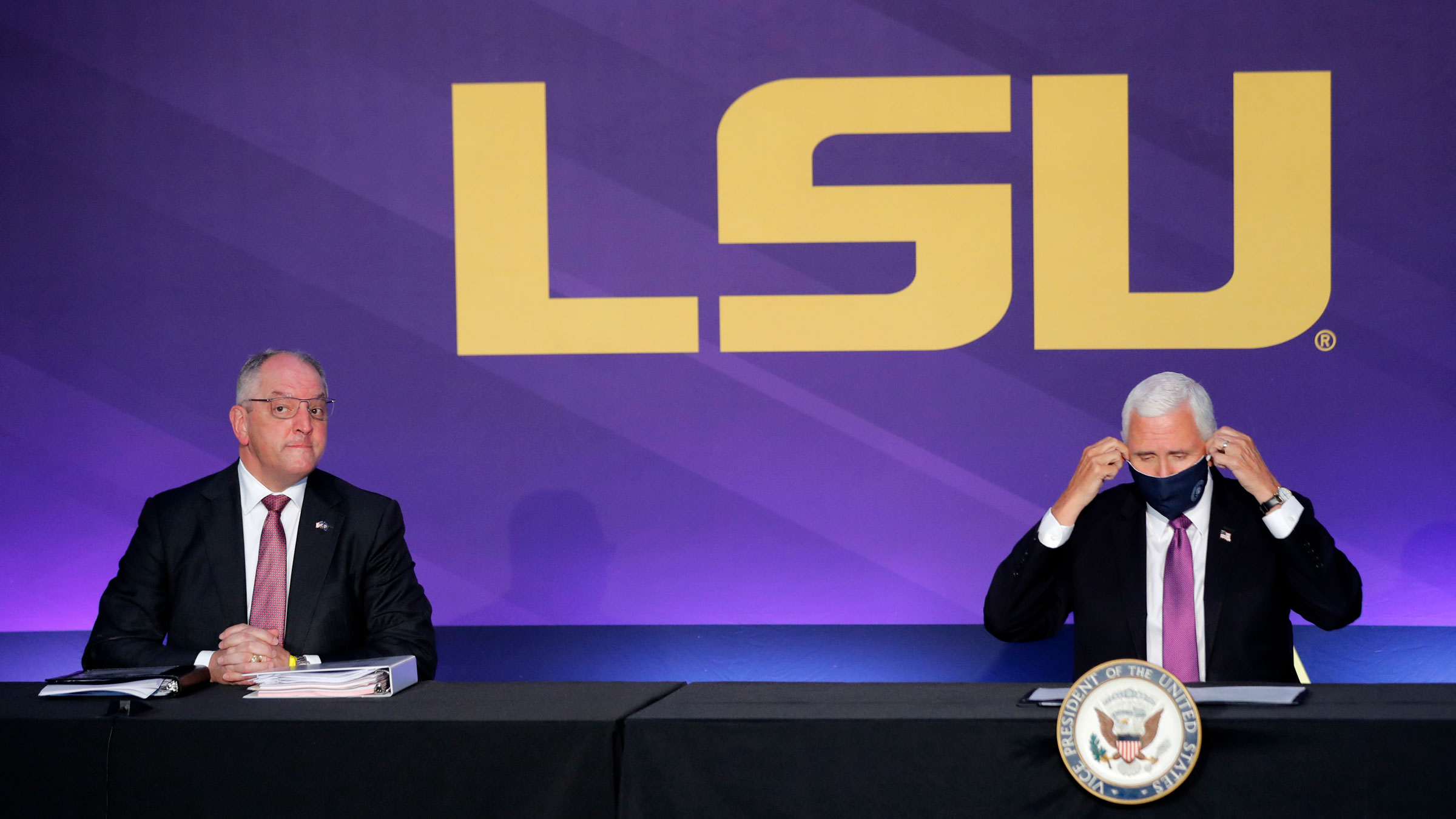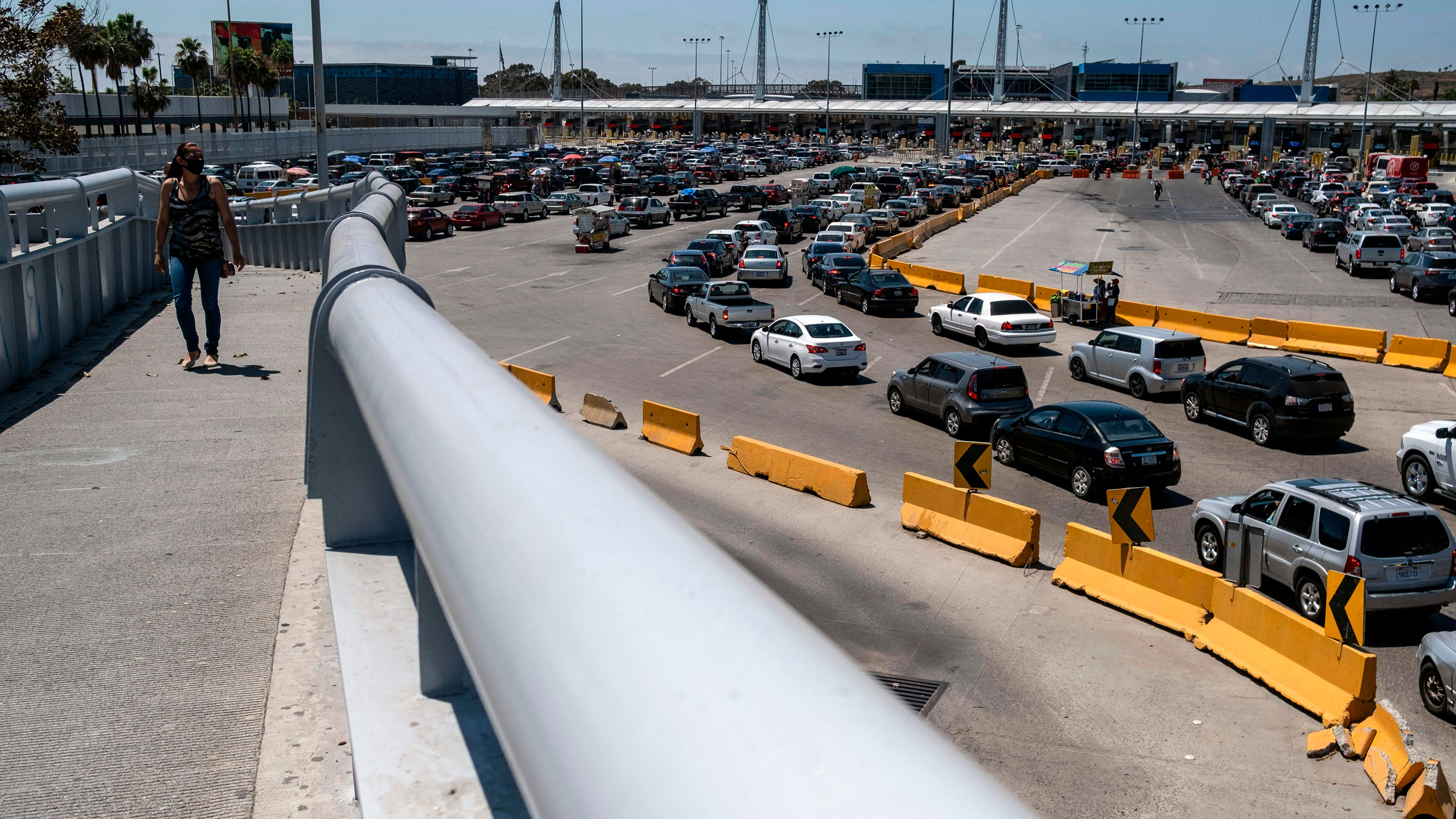
Canyon Creek Memory Care, an assisted-living facility in Billings, Montana, was offered free, voluntary surveillance testing for residents and staff in May but declined, health officials said.
Now, almost all of the facility’s residents and some staff have Covid-19 and eight residents have died from the virus, officials said
On July 3, Canyon Creek Memory Care conducted Covid-19 testing on all of its residents and staff, according to a statement by Koelsch Senior Communities, the company that runs the facility.
The company said last week that 59 residents and 55 staff members were tested. Of those tested, 43 residents and 15 staff members tested positive for novel coronavirus.
Now, at least 55 residents and 36 staff members have tested positive, Pat Zellar, a spokesperson for RiverStone Health, Yellowstone County's public health department, told CNN.
CNN has reached out to Koelsch Senior Communities for a comment or explanation as to why the free testing was declined but did not immediately hear back.
Montana has reported 34 Covid-19-related deaths to date, according to state data. Yellowstone County has 13 deaths to date, according to a RiverStone statement.
The eight deaths associated with the facility make up almost 25% of the state’s death toll and more than 60% of the county death toll.





